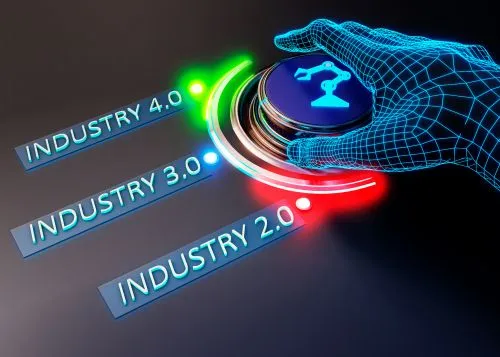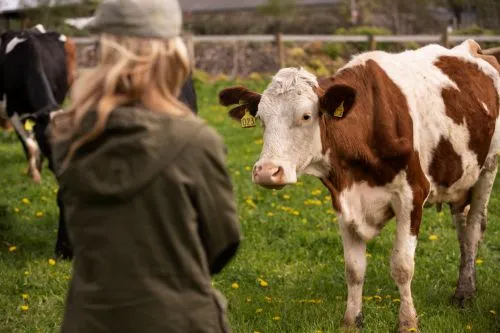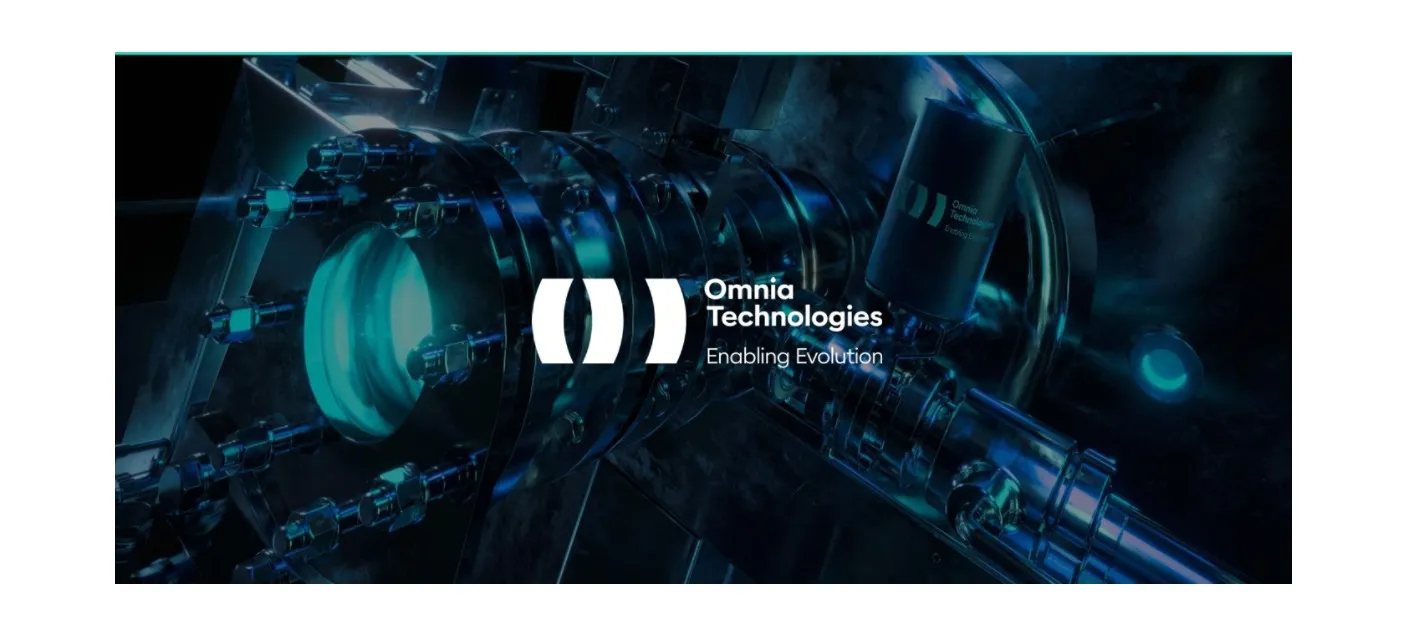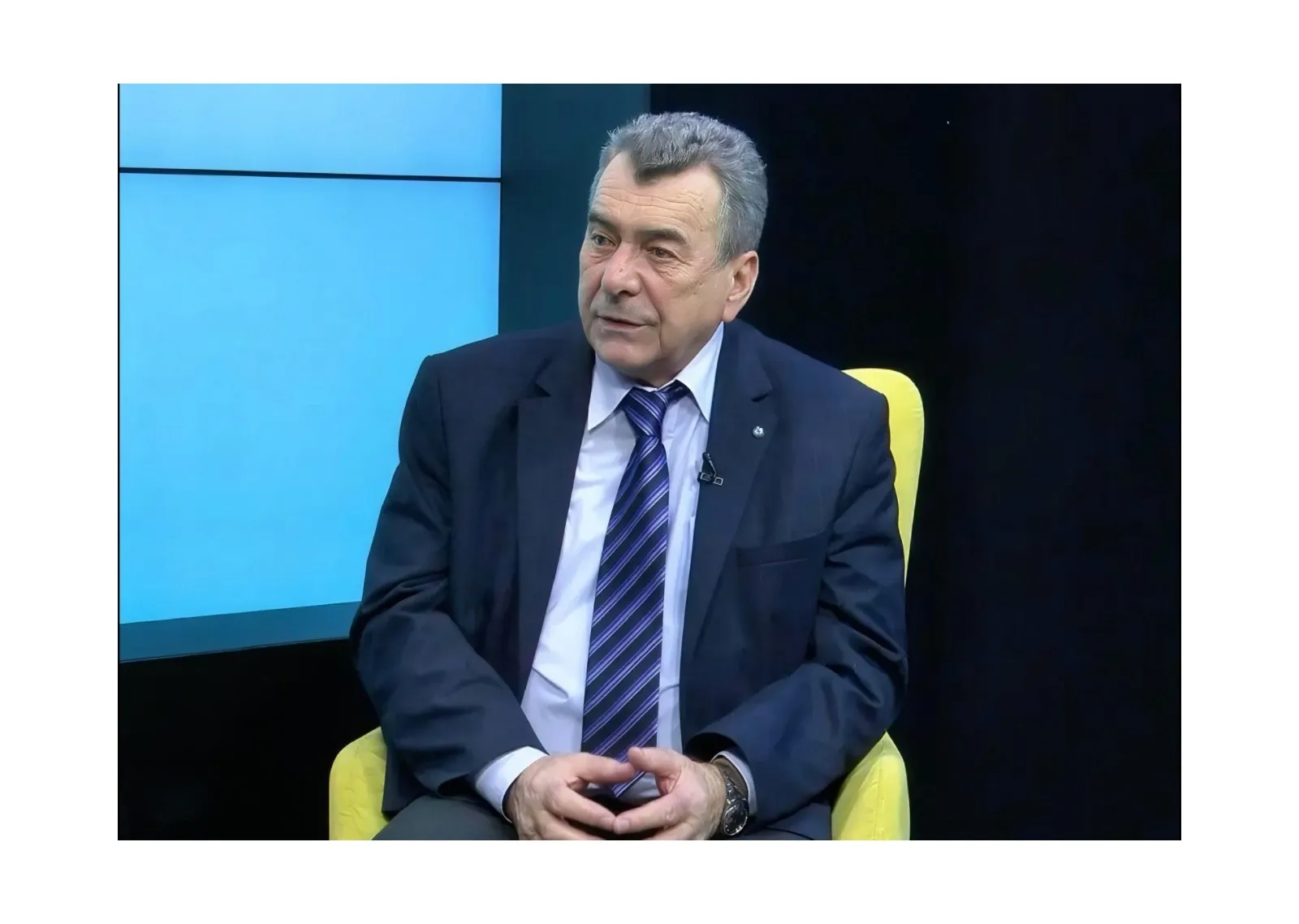1163

The Minister of Environment, Waters, and Forests, Mircea Fechet, participated in the final conference of the "Integrated Control of Nutrient Pollution" (CIPN) project. This project is part of the Romanian Government's efforts to ensure the implementation of the Nitrates Directive, aimed at reducing nutrient pollution from agricultural sources.
The CIPN project was funded by the Romanian Government through a loan from the World Bank and was carried out in two funding phases. The first phase started in 2008 and concluded in 2017, funding a total of 86 manure management platforms. Additional funding for the project was allocated until December 2023.
"The Integrated Control of Nutrient Pollution project is one of the oldest projects, not only nationally but also globally, with an implementation spanning over 20 years. The fact that it has continued to function is evidence that it has yielded results and addressed real societal needs.
By implementing this project, Romania has demonstrated its capacity to use external funding sources to fulfill its obligations as a Member State of the European Union and toward its citizens.
For this reason, there is continuity: the Ministry of Environment, Waters, and Forests will soon manage other World Bank funding along with expanded responsibilities covering the efficient use of agricultural inputs and significant investments in digitization and modernization of water and plant protection product quality analysis laboratories," said Mircea Fechet, the Minister of Environment, Waters, and Forests.
"The World Bank has supported Romania in its efforts to combat nutrient pollution over the past two decades, with over 110 million euros invested in local communities and assistance provided to the government to enhance administrative capacity.
We value the excellent collaboration with the Ministry of Environment, Waters, and Forests throughout the project, as well as the government's commitment to bringing Romania into compliance with the EU Nitrates Directive, promoting good agricultural practices, and mobilizing European funds to improve nutrient pollution management. Romania's efforts to reduce environmental pollution must continue," stated Anna Akhalkatsi, Country Manager for Romania at the World Bank.
Adriana PETCU, Secretary of State for Waters at MMAP, emphasized that "The project had ambitious interventions, allocating approximately 70% of funds for construction and equipment works required for local manure management. The fact that it succeeded in performing construction work demonstrates that the project team was well-structured, benefiting from valuable human resources in engineering, procurement, and public finance.
However, building a platform does not automatically ensure the collection of manure. Strengthening contractual relationships with beneficiary municipalities through the introduction of performance indicators related to the level of filling, the development of a platform usage manual, and the training of municipal staff immediately after completing the works represented a package of actions that led to efficient use and ensures the sustainability of investments."
According to multiple studies, water pollution with nitrates is caused by improper management of fertilizers (natural or chemical) and can lead to serious environmental problems (eutrophication, a phenomenon that seriously affects aquatic ecosystems' balance) and, especially, to health consequences for the population.
Unfortunately, in Romania, cases of methemoglobinemia are still recorded, and the most vulnerable to this condition are infants who are fed with milk prepared with water from sources polluted with nutrients. This condition is also known as "blue baby syndrome" or infant cyanosis.
In addition to the members of the CIPC UIP, the conference was attended by Cosmin Buteică, Environment Specialist, World Bank, Jeanne De Jagher, Nitrate Team Leader, European Commission, specialists from MMAP, as well as representatives of local public authorities in the beneficiary locations of the investments funded by the project.
The discussions brought to the attention of those present the lessons learned, positive experiences, as well as technical and operational aspects that can be integrated into the implementation framework schemes of future available funding programs.
The map of communal manure collection platforms constructed under the "Integrated Control of Nutrient Pollution" project is available on the project's website www.apanoastra.ro, in the "Platforms" section. COMMUNICATION DIRECTORATE





